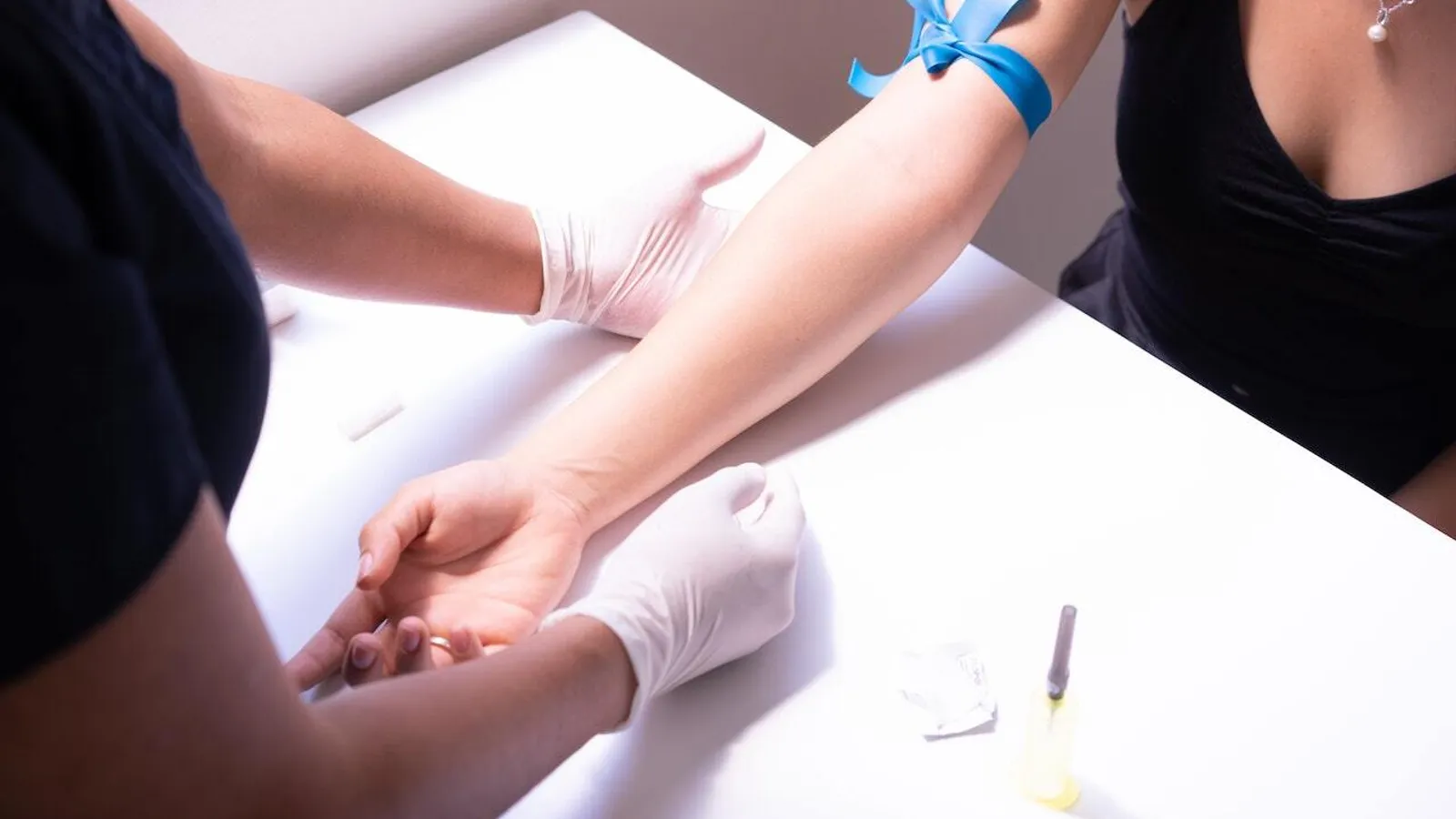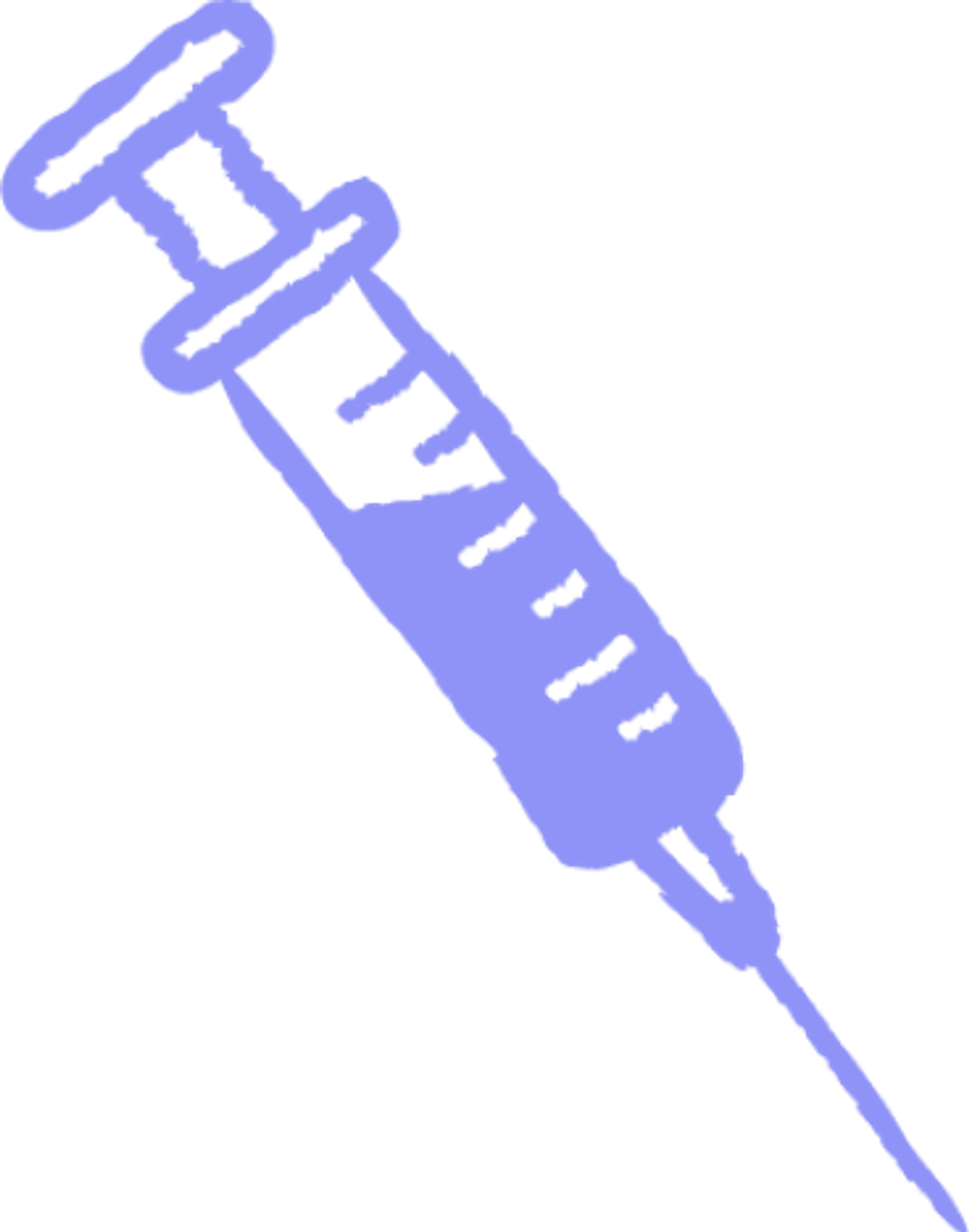Plasma 101
Who: Eligible donors between 18 and 63 can earn up to $560 a month in NY and up to $770 a month in FL.
What: Plasma is the yellow part of your blood that replenishes naturally.
Where: Queens, Brooklyn, The Bronx (NY), and Ft. Pierce (FL).
Why: Get paid to donate and help treat bleeding disorders, immune deficiencies, and more.
When: No appointment needed—walk in anytime before closing.
Who Can Donate Plasma? Eligibility and Guidelines

Who Can Donate Plasma? Eligibility and Guidelines
As demand for plasma-derived therapies rises, eligibility questions abound for those hoping to become donors. Confusing guidelines often deter willing givers who could provide this precious bio-resource, needlessly limiting plasma supply. By clarifying core requirements around health, lifestyle and frequency, this guide empowers readers to confidently pursue donation opportunities to transform recipient lives through an easy, safe process when criteria are met.
Healthy adults ages 18+ weighing at least 110 pounds can donate plasma if they pass medical screening. Key requirements include lack of viral infections like HIV or hepatitis, no transmission risk from recent surgeries, piercings, or travel, plus feeling well with no symptoms of illness. Certain medical conditions may prompt deferrals. All donors must meet dietary, hydration and rest guidelines before and after plasma removal.
Eligibility and Health Assessment for Plasma Donation:
Criteria | Details |
Age and Weight Requirements | Minimum 18 years old and 110 pounds; varies by state, some allow 16 or 17 with parental consent. |
Physical Fitness | Essential to tolerate plasma removal; varies across agencies. |
Health Assessment | Check for HIV, hepatitis B and C, syphilis, and other diseases. |
Day of Donation Checks | Body temperature, blood pressure, pulse rate, and medical history review. |
General Eligibility | Healthy individuals with clean medical histories often qualify. |
Eligibility for Plasma Donation
Basic Requirements for Donating Plasma
When considering becoming a plasma donor, the first step is making sure you meet the basic eligibility criteria. There are plasma donor rights and responsibilities that need adhering to. Most plasma donation centers in the US require donors to be at least 18 years old and weigh at least 110 pounds. However, age requirements may vary by state, with some allowing 16 or 17 year olds to donate with parental consent. Regardless of region, meeting the minimum age and weight thresholds is crucial for donor health and safety.
As plasma makes up a vital component of blood, ensuring donors are physically fit to give is paramount. Removing plasma temporarily lowers protein levels, so less substantial donors may have trouble tolerating the reduction. While exact requirements differ across plasma collection agencies, these baseline standards aim to confirm donors can handle the plasma removal process.
When eligibility rules are followed, donors are protected and plasma collection can safely help save lives.
Health Assessment for Plasma Donors
Let’s talk about plasma donation and health. In addition to meeting age and weight minimums, plasma donors must complete health assessments to confirm they are in suitable condition to give. This medical examination checks for viruses and infections that could be spread by donated plasma. Common tests look for HIV, hepatitis B and C, syphilis, and other transmissible diseases.
Nurses will also evaluate additional health parameters on donation day, including body temperature, blood pressure, pulse rate and more. Donors are asked to honestly disclose their medical history and any concerning symptoms they may have recently experienced. This comprehensive screening process verifies donors are physically up to tolerating plasma removal.
While eligibility looks strict on paper, healthy individuals with relatively clean medical histories often qualify with ease. As long as you are feeling well, with no active infections, chances are strong you will meet plasma donation health standards. Medical evaluations protect the safety of donors and eventual plasma product recipients alike.
Health and Lifestyle Guidelines for Plasma Donors:
Aspect | Recommendations |
Dietary Needs | Increase protein-rich foods and hydration; avoid alcohol and moderate caffeine. |
Rest | 7-9 hours of sleep recommended. |
Lifestyle Factors | Post-surgery waiting periods; tattoos and piercings from licensed facilities only; medication considerations. |
Medical Conditions | Autoimmune diseases, bleeding disorders, etc., may lead to deferral. |
Travel Considerations | Deferrals for travel to certain regions due to infectious diseases. |
14-day deferral post-symptom resolution or exposure; vaccination status considerations. |
Health and Lifestyle Guidelines
Dietary Recommendations for Plasma Donors
Donating plasma can temporarily lower protein levels, so maintaining good nutrition is important for donor health and safety. Experts recommend eating more protein-rich foods like meat, eggs, dairy, beans, and nuts leading up to donation. Staying well hydrated also helps replace fluids lost during plasma removal.
Drinking extra water and avoiding alcohol in the 24 hours preceding appointments is smart. Caffeinated drinks are fine in moderation but can contribute to dehydration. Getting adequate rest, with 7-9 hours of sleep, enables donors to stay nourished and refreshed. Boosting your health and following basic healthy lifestyle tips prepares the body for a smooth, effective plasma donation process.
Places like Olgam Life emphasize good donor self-care and preparation. By giving dietary guidance and setting appropriate expectations, plasma donation centers enable donors to have the energy and fortitude to give regularly. When you take care of your body, you can better take care of others in need through life-saving plasma donations.
Lifestyle Considerations for Eligibility
Beyond diet and rest, certain lifestyle factors may impact donor eligibility. Elective surgeries often require a multi-month waiting period before you can donate plasma again. More minor procedures like dental work lead to shorter deferrals. If exploring surgery, check with your plasma collection agency on when donations can safely resume.
Tattoos and piercings from unlicensed facilities can also prompt months-long eligibility waits too. This allows time for any infections from non-sterile environments to fully resolve. Certain medications may likewise cause temporary donation holds or rarer permanent bans depending on prescription class and indication
That said, lifestyle elements leading to outright disqualification are limited. So long as you are transparent about your health history, including all surgeries, body art, and medications, plasma centers can correctly guide eligibility. Short-term deferrals are often possible to accommodate life events. By cooperating fully with screening procedures, most healthy adults can contribute this vital donation when needed.

Exceptions and Disqualifications
Medical Conditions and Plasma Donation
While plasma donation is quite safe for healthy individuals, some medical conditions can prompt deferral. Autoimmune diseases, bleeding disorders, heart disease, neurological conditions, and respiratory illnesses often lead to either temporary or lifetime ineligibility. For diseases like lupus, MS, or fibromyalgia, donation may be possible during periods of remission when symptoms are fully controlled.
Cancer also frequently causes deferrals lasting a year post-treatment. Exceptions occasionally apply for minor skin cancers or early stage malignancies. Severe allergies, recent seizures, or chronic pain diagnoses can mean shorter 6-12 month holds before reattempting screening. Guideline specifics vary, so transparently consulting your plasma collection center is key.
With upfront communication about your health history, many illnesses and conditions need not permanently block willing donors. Plasma collection agencies aim to balance recipient safety with medical realities facing potential donors today. As science progresses, some once disqualifying diagnoses have become manageable for donation in the right circumstances.
Travel and Plasma Donation
Along with medical factors, travel to certain global regions can also impact donation eligibility. Visiting areas with endemic infectious diseases often prompts temporary time-based deferrals before plasma collection can safely resume. For travel to malaria hotspots, a 12-month wait is standard regardless of preventative medication taken.
Similarly, spending over 72 hours in the United Kingdom for any span between 1980-1996 elicits waits between 2-5 years tied to Mad Cow Disease or Creutzfeldt-Jakob Disease (vCJD) concerns. Diagnosis with vCJD leads to permanent disqualification. Even cruises with British port stops get flagged under this calculus.
Disclosing all travel for accurate deferral guidance is essential. Attempting to donate too soon post-travel risks transferring yet undetected infections to vulnerable patient groups relying on therapies made from donor plasma. With a mindset of safety first, temporary donation stops abroad need not deter willing donors indefinitely.
COVID-19 Considerations in Plasma Donation
COVID-19 introduced pressing new considerations around plasma donation over the last few years. Testing positive currently prompts a 14-day deferral post-symptom resolution, though policies frequently update to account for new strains and disease progression insights. Similarly, close contacts should also delay donations for 14 days from last exposure.
Vaccination status may factor into eligibility too at some centers, though combination vaccination plus prior infection often satisfies policy. Regardless of vaccine stance, feeling completely healthy and symptom-free remains paramount for screening. Strong donor health allows reliable plasma collection central to production of transfusions that COVID-19 patients may directly need.
Even amidst fluid pandemic guidance, plasma collection agencies like Olgam Life remain committed to rewarding conscientious donors for embracing temporary deferrals to protect staff and future product recipients. COVID introduces rapidly evolving safety challenges, but a spirit of education and adaptation enables plasma donation to responsibly continue.

The Plasma Donation Process
Finding a Plasma Donation Center
When you decide to donate plasma, the first step is locating an appropriate collection center near you. Reputable agencies will be certified by the Plasma Protein Therapeutics Association (PPTA), meeting high standards for quality and safety. Finding a properly licensed facility ensures your donations qualify for potential therapies.
You can search online directories for certified plasma organizations, read educative overviews on what to expect as a donor, and even pre-screen for eligibility. Websites like the Plasma Research Institute also showcase plasma collection advances so donors can feel confident in the care taken with their contributions.
Olgam Life runs over half a dozen PPTA-certified branches across New York and Florida. Their donor rewards program issues prepaid cards to compensate donors fairly for each life-saving plasma donation. Identifying an established, community-oriented centers like Olgam Life sets new donors on a smooth path to make a plasma donation impact.
Preparing for Plasma Donation
Once you have selected a plasma donation agency, preparing properly for your appointment optimizes the plasma donation experience. You’ll need to know what to do and not do before donating your plasma. Be sure to stay hydrated in the 24 hours leading up to your visit, while avoiding alcohol intake that may dehydrate you further. Get an adequate night’s rest as well since feeling refreshed aids the donation process.
Eating a healthy meal high in protein and nutrients 2-4 hours beforehand prevents lightheadedness some may feel giving plasma on an empty stomach. Recording the time of your last meal or snack enables staff to best schedule your donation. Bring an ID, wear comfortable clothes with accessible veins, and know any current medications you are taking too.
Arriving relaxed and ready at your plasma appointment enables staff to efficiently collect your plasma gift. When donors take care of themselves, it directly allows for better care of vulnerable patients in need of plasma-derived therapies. Pre-planning everything from your outfit to questions for staff makes first time nerves understandable, but with self-care and preparation plasma donations proceed smoothly.
Safety and Side Effects of Plasma Donation
Understanding Potential Side Effects
Plasma donation is extremely safe when proper procedures at certified centers are followed. That said, some mild side effects can occasionally occur. Fatigue, bruising around the venipuncture site, tingling sensations, and lightheadedness are common temporary reactions some donors report. Staying hydrated and getting rest post-donation typically resolve symptoms within 24-48 hours.
More severe responses like fainting or seizures are very rare but result from a vasovagal response triggered by anxiety or momentary low blood volume/pressure. Plasma donation risks are rare - kidney issues or nerve injury risks are near zero at less than 1 in 10,000. Understanding common side effects prepares donors, while knowing serious reactions are unlikely calms first-timer nerves. Safety measures in plasma donation are paramount. Places like Olgam Life closely monitor all donors to maximize safety through nationally standardized protocols.
Managing Side Effects and When to Seek Help
While most side effects following plasma donation are mild with self-care resolving symptoms quickly, monitoring your health and seeking help if indicated remains key. Drink extra fluids post-donation and avoid rigorous exercise for 24 hours to counter potential lightheadedness or fatigue. Warm compresses can alleviate bruising as well.
If you feel chest pain, trouble breathing, extended weakness, or anything concerning, immediately contact the donation center or seek medical care as warranted. Especially if new symptoms emerge days later, connect with your doctor to verify nothing serious happened internally that routine post-donation guidance won’t resolve. Staff never want donors risking their health and are always available to advise if reactions seem abnormal.
By promptly reporting concerns, plasma centers refine processes perpetually to enhance donor safety. And by observing basic post-donation recommendations around diet, hydration and rest, willing donors can brush off transient impacts confidently while still changing lives through their plasma gift. Got any plasma donation questions?
















